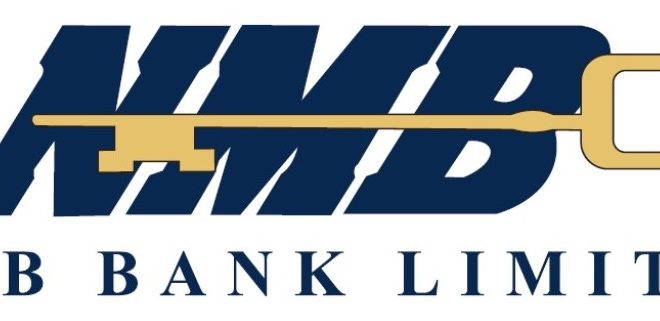The good, bad of credit risk analysis
Credit risk arises from the potential that an obligor is either unwilling to perform an obligation or their ability to perform such obligation is impaired, resulting in a loss to a bank or financial institution.
At this juncture it will be imperative to define credit analysis because of the manner in which the two concepts complement each other. Credit analysis is the process by which lenders determine if a borrower has the ability to repay a loan timeously.
At this juncture it will be important to elucidate on the 5cs of good credit which entail
This refers to the ability to run the business successfully and generate cash or liquidity to repay obligations when due. To ensure sufficient levels of liquidity, management must have products, markets, competitive position in the market, and exercise cost control to generate profits.
Capacity can be further assessed through the borrower’s payment history and profitability track record.
Capacity refers to management experience (know-how), training, and skills to operate the business profitably. Capacity is equated to potential, capability, adequacy or strength.
Character
Character entails the borrower’s willingness to pay their obligations. Business character should be based on payment record management quality, honesty, integrity and reliability. Character is the most important risk point to consider.
Collateral
Collateral includes receivables, inventory, property or other fixed assets that can be pledged to a lender to secure a loan. Other forms of collateral are: standby letters of credit, personal guarantees of sponsors, corporate guarantees (firm, parent or.
Collateral is a secondary source of loan repayment and the last protection against loan loss. It should not be the primary consideration for lending.
Capital
Capital refers to the borrower’s investment in the business and the adequacy of funds the business needs to operate efficiently and generate cash to repay the loan. Capital reflects the borrower’s faith in the business, products, future; Capital broadly means borrower’s financial position.
Capital also entails assets, means and resources. Owners’ equity must exceed the amount of debt capital. Capital also extends to liquidity available to meet maturing obligations and run the business successfully.
Conditions
Conditions refer to economic and environmental factors that might adversely affect the borrower’s operational and financial performance, and, therefore, its ability to repay credit facility. Among conditions lie the business climate, the legal and regulatory environment as well as technological changes.
While the major focus has been on 5 elements of good credit there are 5 Cs of bad credit which compliments this concept. It is therefore prudent for banks and other financial organisations to ensure they are cognisant of the 5cs of bad credit in order to make sound economic decisions. The 5 Cs of bad credit are as follows:
Complacency
There should never be overreliance on guarantors and failure to recognise changes in business cycles in the financial industries and this may be
Carelessness
Organisations should always operate within the confines of legislation and ensure that documentations and important files are well kept and proper procedures taken
Communication
A communication breakdown can destroy the Bank or financial institution. Concerns about credit quality objectives must be communicated clearly Communication with regulators and other external stakeholders should be carefully managed
Contingencies
It is always imperative for financial organisations to ensure they engage a “what if “approach that is in the event that original plans fail, an alternative should be in place and ready for implementation.
Competition
Financial institutions should ensure that they are competitive by adjusting key aspects of their operations such as reducing commission, fees, interest rates or loosening terms and conditions albeit within the confines of legislation.
Conclusion
While we seek to be cognisant with the 5cs of good credit, it is imperative to also have knowledge on the elements of bad credit as these two concepts complement each other in making sound financial decisions.
Blessing Nyatanga holds a bachelor’s degree with the National University of Science and Technology.0784909184/blessnyatanga@gmail.com-businessweekly










